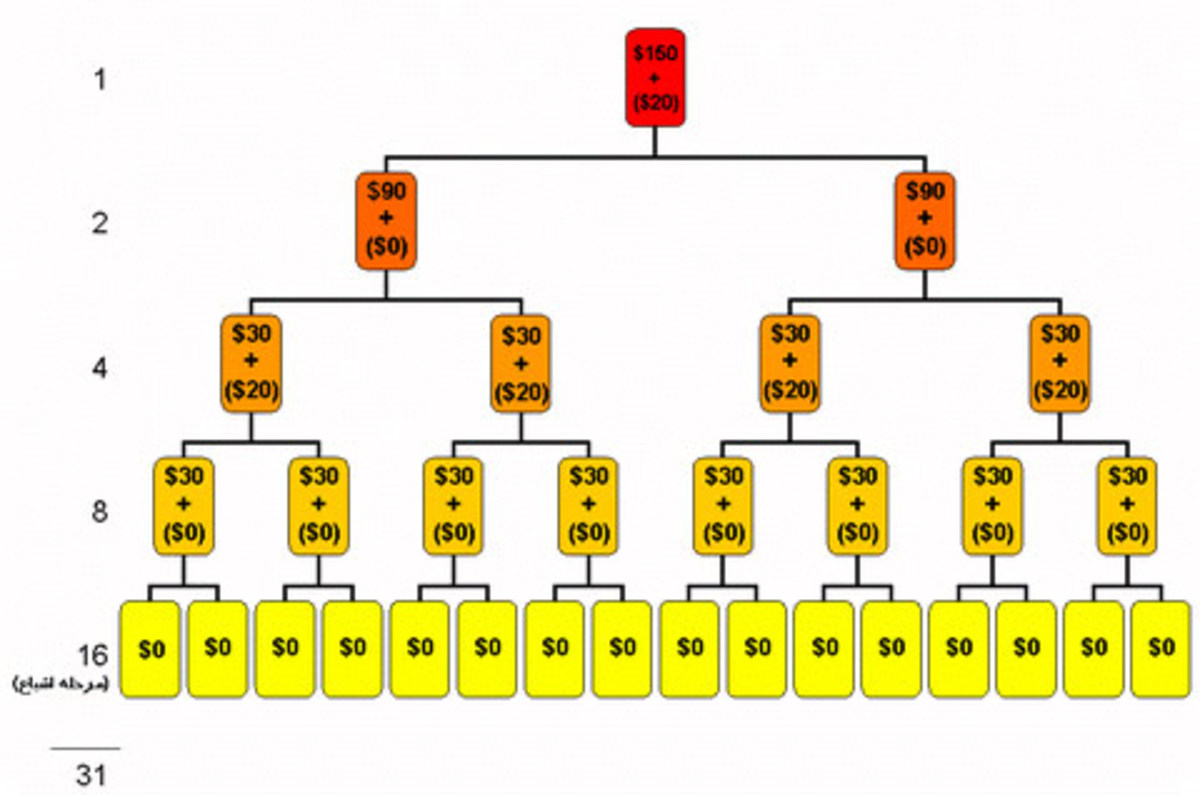Lobbyists: Influential Informants or Persuasive Crooks
Examine the practice of lobbying and its influence upon legislation through fact-finding, advocacy, publicity, and support. Describe the First Amendment right of the lobbyist to petition the government. Evaluate the power of e-lobbying as an online rhetorical strategy for rallying legislative support.
According to the West's Encyclopedia of American Law (n.d.) Lobbying is “the process of influencing public and government policy at all levels: federal, state, and local. Lobbying involves the advocacy of an interest that is affected, actually or potentially, by the decisions of government leaders.” A lobbyist’s job is to serve as an advocator in efforts to impact legislative decisions; a lobbyist can fill this role as a fact-finder, interpreter, and/or as a springboard to launch organizational publicity (Seitel, 2013).
Lobbyists are able to serve as fact-finder, interpreter, and/or as a springboard to launch organizational publicity because the first amendment provides them with the right to petition government. The First Amendment of the United States Constitution states:
Congress shall make no law respecting an establishment of religion, or prohibiting the free exercise thereof; or abridging the freedom of speech, or of the press; or the right of the people peaceably to assemble, and to petition the Government for a redress of grievances .
— (U.S. Const. amend. I)The First Amendment of the United States Constitution has allowed lobbyists to influence legislation through fact-finding, advocacy, publicity, and support.
The practice of Lobbying has had a great influence up on legislation. Many organization have a desire to communicate with the government, however they often run into bureaucratic roadblocks. A lobbyist has the knowledge and experience to bypass bureaucratic roadblocks in order to influence legislation on behalf of an organization. When influencing legislation for an organization, a lobbyist will use fact-finding, advocacy, publicity, and support to help get the organizations viewpoint recognized. For a fact-finding approach, a lobbyist might request statistics and economic data from the government and then present the statistics and data to the legislation’s crafter so as to persuade the crafter to alter the legislation in the way that the lobbyist’s organization would approve of (Seitel, 2013, p.264). Taking the advocacy approach could lead to a lobbyist advocating the position of their client, both the pros and cons, to the legislation’s crafter in order to achieve a fair hearing of the client’s position (Seitel, 2013, p.264). A lobbyist could also decide to lobby for their client using the publicity factor; taking this approach a lobbyist would use social media, press, television, radio, and magazine correspondents to get the public interest in the legislation and agreeing with their client’s position on the legislation (Seitel, 2013, p.264). If a lobbyist’s client is looking to increase their sales, then the lobbyist would serve as a conduit through which sales could be influenced; a lobbyist who is on positive terms with government personnel can assist their client in increasing their business in relation to the government (Seitel, 2013, p.264).
Lobbyists have begun to use e-lobbying as an online rhetorical strategy to rally legislative support. The practice of e-lobbying, or lobbying through the use of the internet, has grown more popular as the public continues to turn to the internet for news and answers. A lobbyist can now post about legislation online in order to rally support for their legislation. For instance, a lobbyist can post on Facebook, Twitter, Instagram, Pinterest, blogs, and videos on YouTube. The practice of e-lobbying has increased the number of people lobbyists can influence while decreasing the amount of time and effort it used to take.
The practice of lobbying is protected by the First Amendment which gives both lobbyists and the general public the right to petition the government (Seitel, 2013). A lobbyist’s job is to be a position advocator on behalf on an organization. This position allows the lobbyist to impact legislative decisions through fact-finding, advocacy, publicity, and support. The goal behind the practice of lobbying is to offer a way for organizations who do not know how to navigate bureaucratic roadblocks, to be able to impact legislation through a lobbyist’s ability to persuade and inform those who craft legislation (Seitel, 2013).
References
Lobbying. (n.d.) West's Encyclopedia of American Law, edition 2. (2008). Retrieved August 15 2015 from http://legal-dictionary.thefreedictionary.com/Lobbying
Seitel, F. (2013). The Practice of Public Relations (12th ed.). Harlow: Prentice Hall.
U.S. Constitution, First Amendment.





